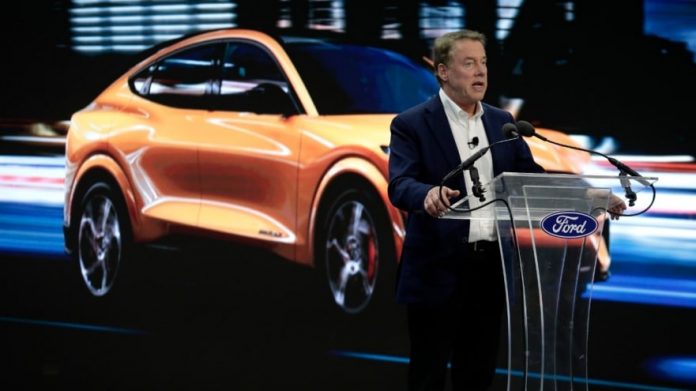American automotive giant Ford has announced that it will invest $3.5 billion in a plant in Michigan to produce LFP (lithium iron phosphate) batteries. Starting in 2026, the plant will offer customers a second battery technology in Ford’s EV lineup. The company is looking to diversify its battery supply chain in the countries where it produces EVs and aims to meet strong customer demand. Ford aims to deliver 600,000 vehicles globally by the end of 2023. The company’s 2026 plan is to sell 2 million vehicles worldwide.
By offering customers a second battery option, the company allows customers to choose a unique battery performance that meets their needs. LFP batteries are highly durable, suitable for frequent and faster charging, while using less of the high-cost materials that are in high demand. This low-cost battery will allow the company to offer more affordable electric vehicles to its customers.
The new plant in Michigan will have an initial annual production capacity of around 35 gigawatt hours and will power 400,000 future Ford EVs. LFP battery technology will help Ford create a sustainable EV supply chain as it reduces dependence on critical minerals such as nickel and cobalt.







